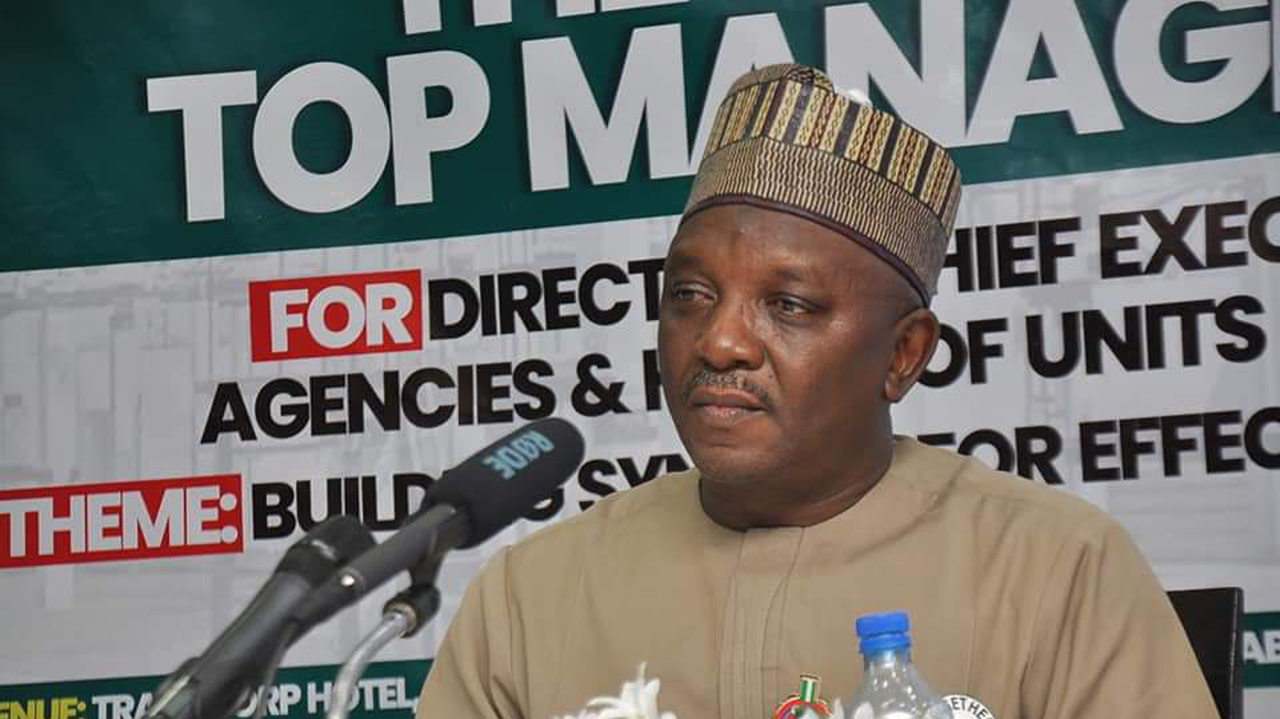For several years now, there had been high level of discomfort against the provisions of the prevailing Production Sharing Contracts (PSCs) in the Nigerian upstream petroleum sector both by International Oil Companies (IOCs) and the Federal Government.
Almost all leading upstream investors in Nigeria have expressed displeasure on what they described as negatively skewed sharing provisions and had been calling for a total review as they had always been on the losing end.
Their claims of lack of business case for their survival in the PSCs are linked to what they see as high advantage of the government as against their deep pocket investments in exploration and unprecedented risks while the government only seats in Abuja to be smiling to banks without any financial or risk involvements.
They argue that loses and risks so incurred during failed explorations are inherited by them while in all seemingly prospective ventures, the government continue to take the mega lion shares.
IOCs like Chevron, Shell, Total and others had at various fora, expressed dissatisfaction and called for immediate reviews, but the federal government had remained adamant with the rising levels of similar complains like IOCs, thus making the scenario look strange, had to interpret and a clear presentation of ‘The more you look, the less you see.’
Only recently, the Nigeria Extractive Industries Transparency Initiative (NEITI) has said revenue Nigeria did not earn from its failure to review terms in the Production Sharing Contracts (PSCs) it signed with the IOCs in the country may have funded its construction of the 3,050 megawatts (MW) Mambilla hydro power plant estimated to cost $5.72 billion.
This revelation means that the government may be losing even more than the IOCs who had been lamenting the provisions of the PSCs.
Analysts are therefore querying why a government that had been suffering paucity of fund in the last four year finds it difficult to do the needful by carrying out the review.
Business Hilights Intelligence Unit (BHIU), an independent research arm of Business Hilights publications had earlier last year reported that the current administration remains the government that had suffered the highest level of funding crisis and that defines the reason for inability to deliver deep pocket schemes.
In an interview, leading economist, Dr Ayo Teriba observed that “The silent challenge of this government had been lack of fund and that is why it has been vocal on tax reforms even though it shots itself on the leg by stifling the economy in trying to drive the economy without clear involvement of the private sector”.
According to him, “This explains the reason why it has been talking more of ends than means to achieve the ends.”
Further investigations showed that majority of the deep pockets projects strangled by poor funding include the Calabar-Lagos Rail line ($11 billion) which was even captured in 2018 budget; Fourth Mainland Bridge ($1.4 billion); Badagry Deep Water Port Complex ($1.6 billion) and Lekki Deep Seaport, amongst other key infrastructure projects.
According to the latest NEITI report, majority of these hanging schemes would have been delivered if the government had done the review of PSCs since 2015.
Otherwise, NEITI in a report it conducted on what the country potentially lost for not reviewing the PSCs, stated that $16.03 billion or $28.61 billion could have been made by Nigeria if it had reviewed the PSCs when oil price got beyond $20 or 15 years after the PSCs became active.
The report further averred that “Nigeria operated a peculiar PSC regime in its oil and gas industry which was different from what obtained in other oil producing jurisdictions. Putting the revenue lost into national development context”.
“The lower threshold of the estimated losses ($16.03 billion) could have funded the entire federal government budget in 2015. This figure can also fund 55 per cent of the federal government’s proposed budget for 2019.
“The higher threshold estimate ($28.61 billion) can fund 99 per cent of the proposed budget for 2019,” NEITI noted but was silent on the cries of IOCs after all.









